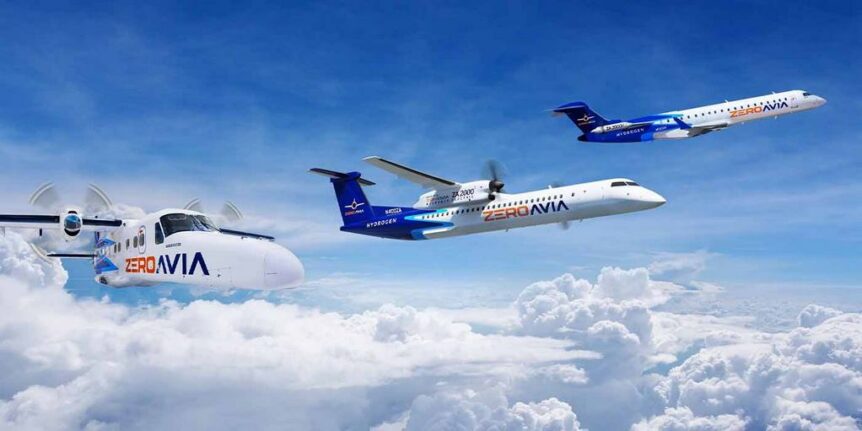ZeroAvia, already deploying hydrogen as a main part of its flight program, is exploring the use of cryo-compressor technology to deliver more energy dense H2 for longer flights. If we think of gasoline or Diesel fuel as “Cream of Energy Soups,” we might understand their preeminence as energy carriers. A U. S. gallon (3.8 liters) of Gasoline for instance, contains about 33.4 kilowatt-hours of energy. Compare this to a state-of-the-art lithium battery, which tops out at around 0.5 kW-hrs. A Diesel engine might be able to convert 50 percent of that to useful work, with the rest going to waste heat. A gasoline engine fares even worse, extracting perhaps 30 percent as work and 70 percent as waste heat. Electric Motors, however, are highly energy efficient, some extracting up to 97 percent of a battery’s stored energy. If one uses hydrogen instead of batteries, one can reach parity with the amount of energy available to spin the propellers. As early …
Tag Archive
Below you'll find a list of all posts that have been tagged as “Collaborative Fund.”

